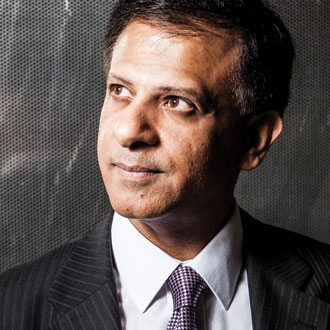NHS 111 putting ‘disproportionate pressure’ on GPs and A&E

NHS 111 is responsible for growing pressures on GP and A&E access because call handlers are having to default to the already overburdened services due to ‘limitations’ with the services on offer, GP and emergency care leaders have said.
GPC chair Dr Chaand Nagpaul told Pulse at a King’s Fund urgent and emergency care event on Tuesday that the algorithm used by call handlers too often ended with asking patients to attend the GP, and this was taking up appointments for other patients.
At the same event, Dr Clifford Mann, chair of the College of Emergency Medicine, said there had been a disproportionate increase in patients attending A&E after calling 111.
The helpline, introduced in April 2013, uses non-medically trained call handlers, who take the caller through a series of questions set by the computer algorithm.
Once they have determined the level of treatment needed, they will recommend actions based on what providers are available in the local ‘directory of services’.
However, Dr Mann told delegates that the lack of services available leads the call handlers to disproportionately recommend A&E or GP services.
Dr Mann said: ‘If you look at the proportion of dispositions who they recommend go to A&E or the numbers in which they’ve sent an ambulance directly, they’ve gone up disproportionately quickly.
‘We know that for every 1% change in the disposition advice NHS 111 gives, there’s a 6% change in the numbers of people who end up in emergency departments, whether under their own steam or by ambulance.
‘And the problem for them is that they go to the algorithm and look at the directory of services as to what’s available. And all too often, the only thing that’s available on the directory of services is the A&E department. So it’s not the fault of NHS 111.’
Dr Nagpaul told Pulse: ‘[GPs] are the victims of limitations in other parts of the system. With 111, whenever they say to a patient “go and see a GP”, which they do in large numbers, they’re not thinking about the impact that has on the GP service and the reduction therefore of appointments for other patients.
‘It’s because they’re only being measured on being able to respond in a certain amount of time and that’s their performance measurement.’
He added this was true across the system, saying: ‘There isn’t a thought about actually, have you managed that patient properly or have you just done your bit and then sent them back? So there are knock-on effects on general practice; it’s considered a bit like a sponge absorbing from the rest of the system, and picking up the pieces.’









